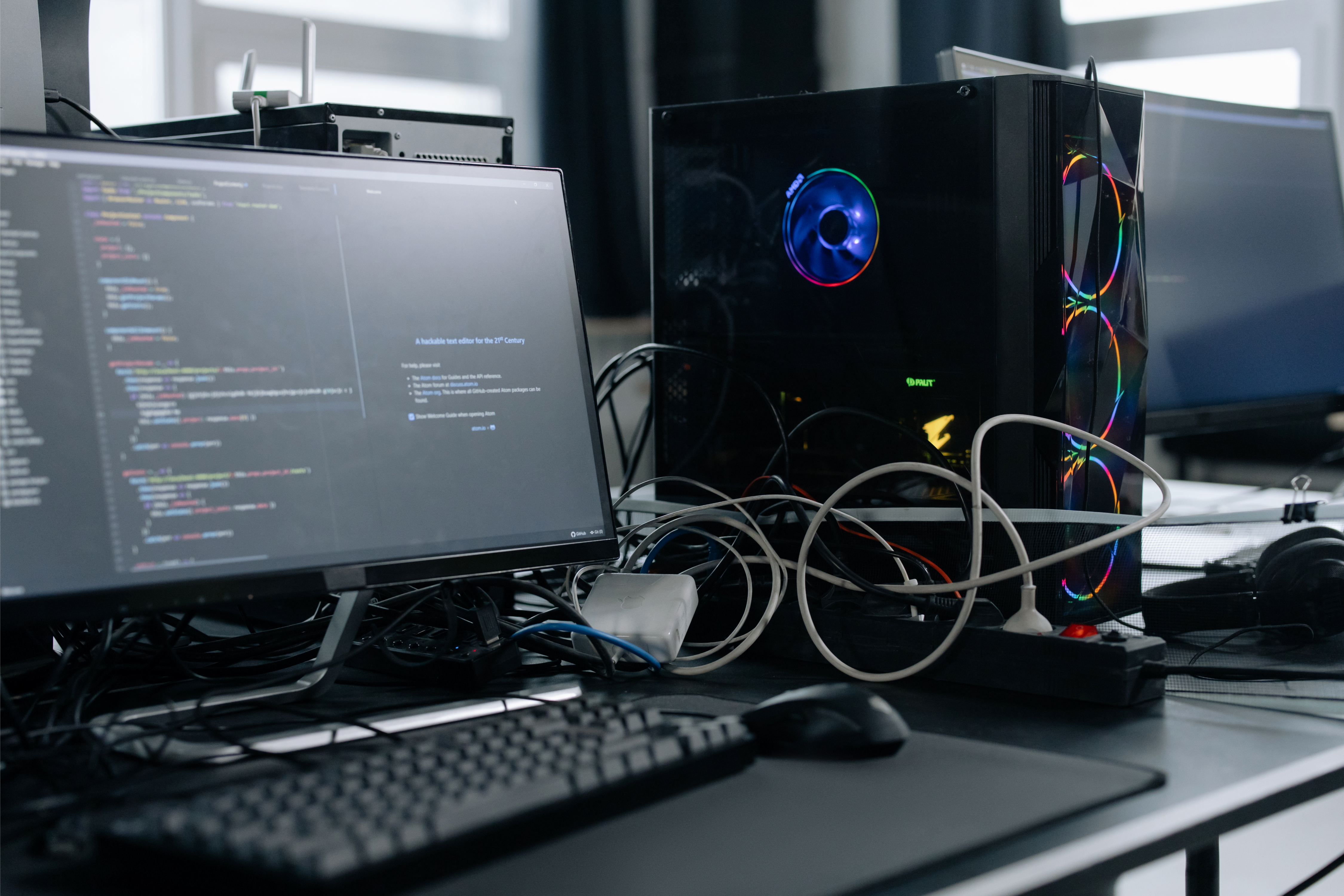Social Media Algorithms (AI) .

In social media, algorithms play a powerful role in shaping user experiences and content visibility. The question that often arises is whether these algorithms are driven by artificial intelligence (AI). In this exploration, we’ll delve into the intricate workings of social media algorithms, unraveling the connection between algorithms and AI.
Social Media Algorithm Understanding
Social media platforms with artificial intelligence (AI), such as Facebook, Instagram, Twitter, and LinkedIn, employ algorithms to curate users’ content feeds. These algorithms are essentially sets of rules and calculations that determine the order and visibility of posts based on various factors. The goal is to enhance user engagement by presenting content that aligns with individual preferences.
Key Factors Influencing Social Media Algorithms:
Several factors come into play when social media algorithms decide what content to display to users:
- User Engagement: Algorithms analyze a user’s past interactions, including likes, comments, and shares, to predict future content preferences.
- Relevance: The relevance of the content to the user, based on interests, previous interactions, and overall platform behavior, is a crucial factor.
- Timeliness: Fresh content is often prioritized to keep users informed about the latest updates in their network.
- Content-Type: Different content formats, such as images, videos, and articles, are given varying degrees of prominence based on user preferences.
- User Relationships: Algorithms consider the strength of relationships between users, giving higher priority to content from close connections.
The Role of Artificial Intelligence in Social Media Algorithms:
AI enhances the algorithms’ ability to adapt and evolve based on user behavior, making the content curation process more sophisticated.
- Machine Learning:
- Natural Language Processing (NLP):
- Understanding Content: NLP enables algorithms to comprehend and analyze the textual content of posts, helping platforms assess relevance and sentiment.
- Image and Video Recognition:
- Visual Analysis: AI algorithms can analyze images and videos to understand their content, facilitating better recommendations based on visual elements.
- Personalization:
- Individualized Recommendations: AI allows algorithms to provide highly personalized content recommendations, tailoring users’ feeds to their unique preferences.
- Algorithmic Updates:
- Continuous Improvement: AI-driven algorithms can undergo continuous improvement through iterative updates, ensuring they stay effective in adapting to user behavior changes.
- Adaptive Learning: Social media platforms employ machine learning algorithms that adapt over time, learning from user behavior and feedback.
- Prediction Models:
- AI-driven prediction models help anticipate the type of content a user is likely to engage with, optimizing the overall user experience.
Challenges and Concerns:
Despite the advantages AI brings to social media algorithms, it also raises certain challenges and concerns:
- Algorithmic Bias:
- Unintended Biases: AI systems may inadvertently exhibit biases based on the data they are trained on, potentially leading to the reinforcement of existing prejudices.
- Lack of Transparency:
- Opaque Decision-Making: The complexity of AI algorithms can make it challenging for users to understand how content visibility decisions are made, leading to concerns about transparency.
- Privacy Issues:
- Data Handling: AI-driven algorithms rely on vast amounts of user data for training. Ensuring responsible data handling practices becomes crucial to addressing privacy concerns.
- Echo Chambers:
- Filter Bubbles: AI’s personalized content recommendations may contribute to the formation of filter bubbles, limiting users’ exposure to diverse perspectives.
Balancing Human Oversight and AI Advancements:
To address these concerns, social media platforms are increasingly emphasizing the need for a balance between AI-driven algorithms and human oversight. While AI enhances efficiency and personalization, human intervention is crucial to ensure ethical decision-making, address biases, and maintain transparency.
Positive or Negative Sentiments
Positive Statements:
- Understanding social media algorithms allows users to optimize their content strategy, increasing the visibility of posts to a wider audience.
- Decoding social media algorithms empowers businesses to tailor their marketing approach, ensuring that content reaches the most relevant and engaged audience.
- The transparency gained through decoding algorithms fosters a sense of trust, as users can better comprehend how their interactions influence the content they see.
- Social media algorithms, when effectively decoded, enable influencers and content creators to strategically craft posts that resonate with their audience, fostering stronger connections.
- By deciphering the intricacies of social media algorithms, brands can enhance their online presence, leading to increased brand awareness and potential customer acquisition.
Negative Statements:
- The complexity of social media algorithms can create frustration among users, as the lack of transparency makes it challenging to understand why certain content is prioritized over others.
- Decoding algorithms may reveal inherent biases within the system, potentially reinforcing echo chambers and limiting exposure to diverse perspectives.
- The continuous evolution of social media algorithms poses a challenge for small businesses and content creators, who may struggle to keep up with the latest changes, affecting their reach and engagement.
- Unintended consequences, such as the formation of filter bubbles, may occur when algorithms prioritize personalized content, potentially isolating users from a broader range of information.
- Privacy concerns arise as users realize the depth of personal data analyzed by algorithms, prompting questions about the ethical implications of such data-driven decision-making processes.





Leave a Reply